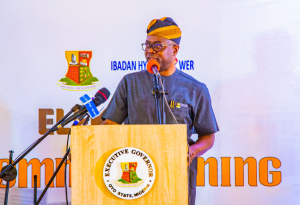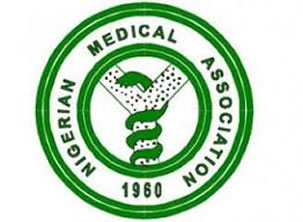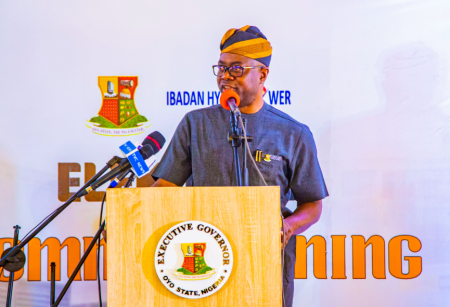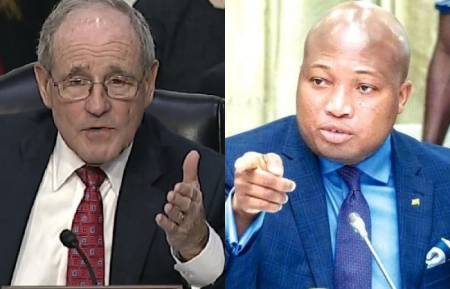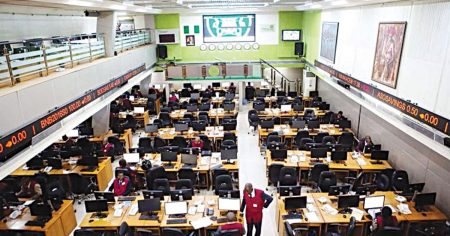The Nigerian Medical Association (NMA) in Lagos State has vehemently rejected the Federal Government’s proposed salary structure for medical doctors, characterizing it as unjust, unprofessional, and a serious threat to the stability of Nigeria’s already fragile healthcare system. The NMA’s stance stems from several key concerns, primarily the proposal’s disregard for established salary relativity, the inappropriate allocation of specialist allowances to non-doctors, and the proposed parity between medical doctors and holders of academic doctorates in allied health fields. The association warns that implementing this structure will exacerbate the existing brain drain, further crippling the nation’s healthcare delivery capacity.
Central to the NMA’s argument is the principle of salary relativity, which differentiates pay scales based on training, clinical risk, and responsibility. The proposed structure, according to the NMA, erodes this crucial distinction, potentially leading to confusion in clinical leadership roles and weakening the chain of accountability within hospitals. They emphasize that this hierarchy is not about professional ego but about delineating responsibility and ensuring effective patient care. Disrupting this established hierarchy, they argue, will create ambiguity in clinical decision-making and compromise patient safety. The NMA contends that the government’s proposal fails to recognize the unique demands and responsibilities inherent in medical practice, thereby undermining the profession and jeopardizing the quality of healthcare services.
The inclusion of specialist and honorarium allowances for non-doctors in the proposed structure has further fueled the NMA’s discontent. These allowances, traditionally reserved for certified clinicians who undergo rigorous postgraduate training, are designed to compensate for the specialized expertise, increased responsibility, and higher risk associated with their roles. Extending these allowances to non-clinical professionals, the NMA argues, devalues the significance of specialized medical training and dilutes the recognition accorded to those who bear the ultimate responsibility for patient care. This, they believe, will discourage specialization within the medical field and ultimately compromise the quality of specialized care available to patients.
The NMA also takes exception to the proposed parity between medical doctors and those holding academic doctorate degrees in allied health fields. While acknowledging the contributions of all healthcare professionals, the NMA emphasizes the fundamental difference between academic qualifications and clinical licensure. They argue that equating a Doctor of Pharmacy or a Doctor of Optometry with a medical doctor, particularly a specialist consultant, is professionally indefensible and misrepresents the distinct roles and responsibilities within the healthcare system. Such parity, they warn, will create a false equivalence that disregards the extensive clinical training and practical experience required of medical doctors, ultimately undermining the integrity of medical practice.
The Lagos NMA has thrown its full weight behind the 21-day ultimatum issued by the national body to the Federal Government, urging a reconsideration of the proposed salary structure. This ultimatum, they emphasize, is not a confrontational tactic but a call for meaningful dialogue and a course correction to ensure a fair and sustainable healthcare system. They are demanding the restoration of salary relativity, the reversal of the unjust redistribution of allowances, and a more comprehensive consideration of the unique demands of medical practice. They believe that a failure to address these concerns will further accelerate the brain drain, leaving the Nigerian healthcare system severely understaffed and ill-equipped to meet the needs of the population.
The NMA has also appealed to the Lagos State Government to refrain from adopting the Federal Government’s proposal, urging them to prioritize a professionally negotiated and NMA-endorsed agreement. They highlight Lagos State’s reputation for healthcare excellence and caution against jeopardizing this standing by implementing a flawed and divisive salary structure. They believe that adopting this proposal will not only demoralize medical professionals within the state but also hinder efforts to attract and retain qualified doctors, ultimately compromising the quality of healthcare services available to the residents of Lagos. Their call for a collaborative approach underscores their commitment to a sustainable and equitable healthcare system that values the contributions of all healthcare professionals while recognizing the unique demands and responsibilities of medical doctors.
The overriding concern for the NMA is the potential exacerbation of the already critical brain drain within the medical sector. With a doctor-to-patient ratio far below the World Health Organization’s recommendation, Nigeria can ill afford to lose more medical professionals. The NMA warns that the proposed salary structure will only serve to push more doctors out of the system, leading to further deterioration in healthcare access and quality. They emphasize the human cost of this brain drain, highlighting the impact on patients who are left without adequate medical care. The NMA’s plea for a fair and globally aligned medical salary framework underscores their commitment to not only the well-being of medical professionals but also the health and well-being of the Nigerian population. They believe that a sustainable healthcare system requires a motivated and adequately compensated medical workforce, and they urge the government to engage in constructive dialogue to achieve this goal.




